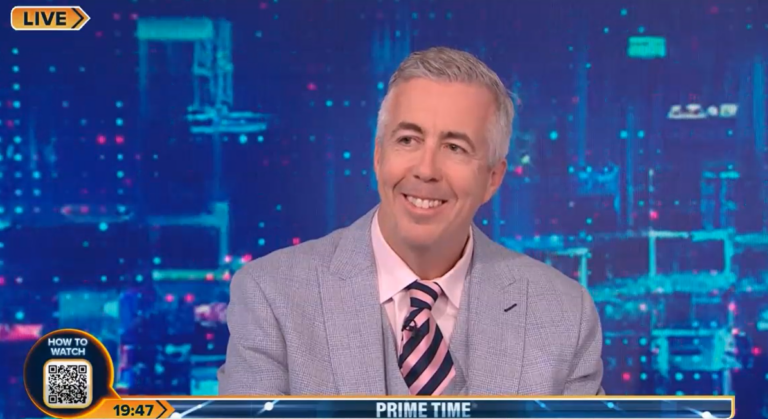The day that was: Gender and Science and Innovation
- The second Tuesday of COP26 was the first of its kind, as two agendas ran in parallel at the conference.
- The conference was concerned with the progression of gender equality, and meaningful participation of women and girls in climate action; and demonstrating the importance of science and innovation when delivering climate solutions.
- The UK set out how £165 million will be invested in the dual challenges of gender inequality and climate change, whilst Canada pledged 80 per cent of its $5.3 billion climate investments over the next five years towards gender equality outcomes.
- Nancy Pelosi, Speaker of the United States House of Representatives, addressed the conference, and declared climate change as a matter of “justice and equality”.
- And elsewhere, 47 countries committed to building low carbon, sustainable health systems capable of withstanding the impacts of climate change. A comprehensive breakdown of further announcements is available here.
Today’s Theme: Transport
The transport sector is the single biggest polluter of harmful emissions, with 27 per cent of greenhouse gas emissions coming as a direct result of global transport. It is therefore somewhat of a surprise that a day devoted to transport was not higher up on the Presidency’s agenda, or indeed more highly anticipated.
Through negotiations, delegates at the conference will be tasked with “driving the global transition to zero emission transport”.
To this point, COP26 has introduced multiple proposals to lower global emissions, as well as pledging an end to practices like deforestation and the decrease of coal production. Today, expectations are for all countries to commit that all new vehicle sales will be zero emission vehicles by 2035, in advanced markets. All markets are to have caught up by 2040.
It is expected that vehicle manufacturers will aim to commit to selling only zero emission vehicles before that 2035 date, and that government policies will be in place to promote more efficient cars, vans, trucks and buses.
Prior to COP26, the UK’s Transport Decarbonisation Plan had already put in place plans to see the sale of new petrol and diesel vehicles banned from 2030, and a ban on hybrids by 2035. Prior to Chancellor Rishi Sunak’s recent budget, the Government earmarked £620 million to facilitate the transition to electric vehicles in addition to funding which promotes walking and cycling as alternatives.
In the Driving Seat
Ahead of Transport Day, the conference organisers have already outlined the intentions for the day. To meet the goals of the Paris Agreement, the COP26 website explains, a transition to zero emission must include “not only cars, but vans, buses, trucks and lorries”.
The Zero Emission Vehicle Transition Council was introduced to bring together governments representing over half the global car market. It is expected they alone will be responsible for transitioning to a zero-emission industry.
A further emphasis will be on the EV100 initiative a global movement bringing together forward-thinking companies to commit to the transition to electric vehicles. Their aim is a simple one: to make electric transport the new normal by 2030.
Finally, today you can expect:
- A joint statement from countries in the Zero Emission Vehicle Transition Council (SEVTC), after its first convening this morning
- A speech by the COP President Designate at the second meeting of the SEVTC
- An article and analysis from the International Council on Clean Transportation
- The Climate Group’s EV Initiative, RouteZero Campaign, and Zero Emission Vehicle Community
- The UK Climate Change Committee are to present an analysis of the role of Zero Emissions Vehicles in global road transport pathways meeting the Paris Agreement, to the Zero Emission Vehicles Transition Council




